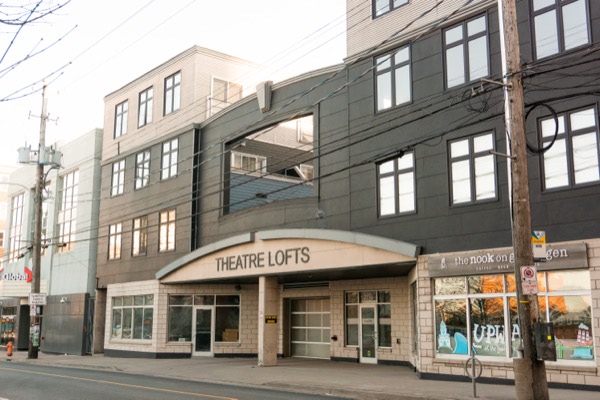You have secured your mortgage approval, but is it what you can truly afford? Here’s what you need to know.

Mortgage 101: 10 Terms every potential home owner should know
Top 10 mortgage terms
Getting started on becoming a home buyer? Familiarize yourself with the “local language,” a.k.a. mortgage speak. This introduction to 10 key mortgage terms and phrases will boost your homebuying IQ. This will get you ready to meet with a mortgage broker to talk about your options.
Amortization period
The amortization period refers to the number of years it will take to pay off your mortgage through regular payments. Most mortgages are amortized over 25 years.
Did you know?
You can pay off your mortgage sooner (saving interest in the long run) by:
- Making payments biweekly instead of monthly;
- Making an extra principal or lump sum payment on the anniversary date;
- Boosting your payment by 10-20 per cent on the anniversary date;
- Making the same payments each month (or better yet: biweekly), even as your principal borrowed amount gets lower.
Fixed-rate mortgage
With fixed rates, the interest rate on your home loan is set for the term of the mortgage. Fixed-rate mortgages offer the peace of mind of consistency. You’ll know exactly how much you’ll owe at the end of each term.
Gross debt service (GDS) ratio
GDS refers to the percentage of your household’s gross monthly income that goes toward your housing payments – mortgage (principal + interest), property taxes, heating and, if applicable, 50 per cent of condo fees. Lenders use your GDS and TDS (total debt service) ratios to assess your mortgage application and to determine how much to loan you and what interest rate to apply.
High-ratio mortgage
A high-ratio mortgage is one for which the home buyer makes a down payment of less than 20 per cent of the cost of the home. All high-ratio mortgages must be covered by loan insurance.
Low-ratio mortgage
Also known as a conventional mortgage, a low-ratio mortgage is one where the home buyer has made a down payment of 20 per cent or more of the home’s purchase price. No insurance is required for this type.
Did you know?
You can use your retirement savings to help buy your nest egg. The federal government’s Home Buyers’ Plan lets you borrow money from your RRSP to put toward the down payment for your first home.
Mortgage low insurance
Also known as “mortgage default insurance,” this financial product is mandatory on all high-ratio mortgages. Your lender pays the insurance premium and then passes the cost on to you. You can pay it in one lump sum or carry it on your monthly payments.
Mortgage terms
Not to be confused with amortization, mortgage term refers to the time period covered by your mortgage agreement. It can range from one to five years or more. After each term expires, the balance of the mortgage principal (the remaining loan amount) can be repaid in full, or a new mortgage can be renegotiated at current interest rates.
Principal
The amount initially borrowed for your home purchase. The balance of this amount will go down as you make regular mortgage payments. (Your payments go toward a portion of the principal, as well as the loan interest and, for those with high-ratio mortgages, mortgage insurance.)
Total debt service (TDS) ratio
TDS refers to the percentage of your household’s gross monthly income that goes toward housing costs (i.e., mortgage, property taxes, heating, etc.) plus your other debts and financing (i.e., car loans, credit cards, etc.). Banks use this calculation, along with your gross debt service ratio, when assessing your mortgage application.
Variable-rate mortgage
Also known as a floating rate or adjustable rate, this type has an interest rate that fluctuates with the prime lending rate. The main benefit of variable rate mortgages is lower interest rates, but in return, mortgagors (home owners) take on risk. If the prime rate goes up, a larger chunk of your payment will go toward the interest, not paying down your principal. The result: your mortgage could take longer to pay off and cost you more in interest.
If you have any more questions, feel free to contact us!


